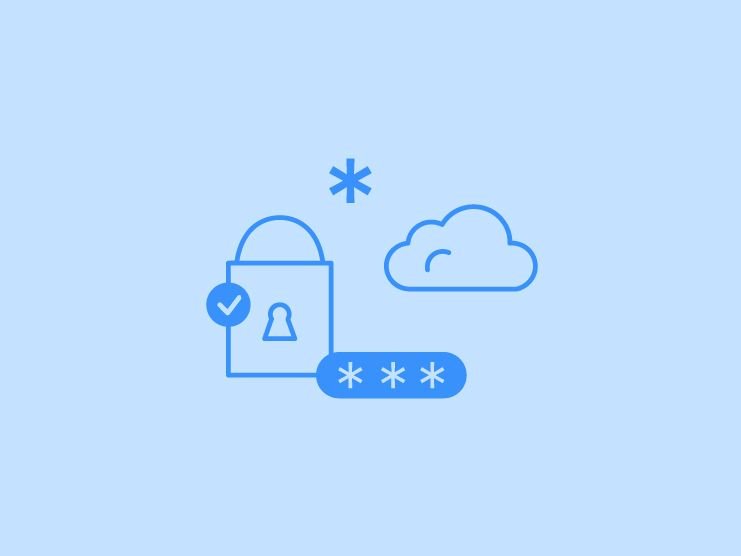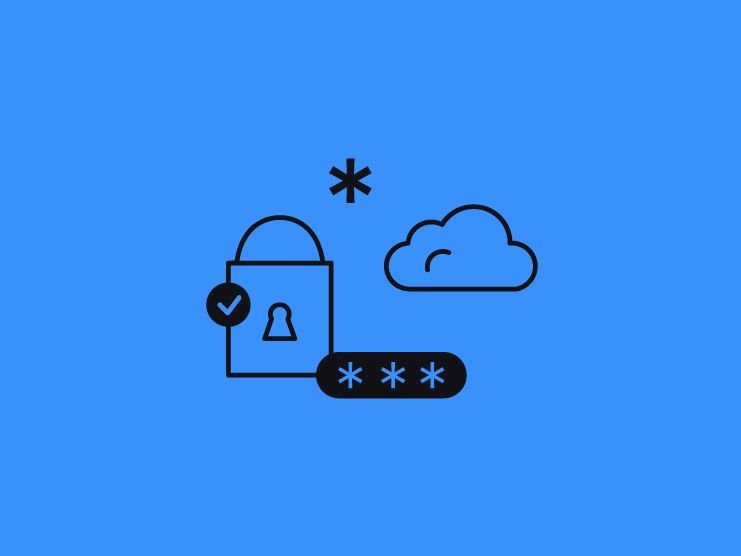In today’s software development panorama, there's a philosophy which really stands out and continues to influence the thought processes of numerous creative minds and progressive organisations: Free and Open Source Software (FOSS). FOSS is a champion of collaboration, absolute accessibility, and the freedom to alter, share, and build upon existing software devoid of any licensing impediments. Principles which have been the nurturing grounds for a variety of technological innovations that have now become part and parcel of our lives.
FOSS enables enterprises taking the leap into open source to access a far-reaching community of developers–facilitating the betterment of the software, accelerating innovation, and boosting the credibility of the software. More significantly, organisations can also utilise the open-source approach to establish trust and construct a solid user community.
However, despite these advantages, one question continually pops up: how do you monetize these free and open-source software offerings effectively? Let’s get into the answer.
Strategies for monetizing open-source solutions
The good news is there are numerous strategies which can be employed to monetize open-source software, including:
- Providing paid support, consulting and training services
- Rendering additional features, customizations, and integrations as proprietary services
- Launching premium versions embellished with additional features–commonly referred to as the open-core model
- Operating a Software as a Service (SaaS) based on the open-source product
- Offering a Platform as a Service (PaaS) solution premised on the open-source software
Each of these monetization mechanisms brings to the table their own unique pros and cons.aid support, consultation, and training services being arguably the most straightforward methods for monetizing open-source projects. These services complement the open-source software, offering added value to the users while leaving the software itself freely accessible and open source. Nonetheless, the scalability of this model is inherently restricted as revenue generation is tied to the number of service staff, presenting a potential bottleneck.
On the other hand, the open-core model, proprietary add-ons, and SaaS solutions have evolved as prevalent monetization strategies. They offer users who are willing to pay extra for premium features or convenience, additional value. However, these methods often inadvertently go against the ethos of FOSS. They invariably lead to a divide between free users and paying customers, which might lead to conflicts of interest between maximising profit and preserving the open source philosophy. So that leaves us with the PaaS solution.
PaaS: maintaining integrity and growth while monetizing
Platform as a Service (PaaS) emerges as a strong method to monetize open-source software without infringing on its philosophical principles. This model enables developers to harness the capabilities of open-source software within a hosted environment, avoiding the intricacies of infrastructure management. Here, the core software remains free and accessible to all, while the revenues stem from the platform service and not by curbing access to any specific features or functionalities - it’s a win-win.
In offering a PaaS, an organisation can monetize its software in an effective manner whilst retaining their commitment to the FOSS philosophy. They can do so by providing value-added services such as scalability, availability, security, and the convenience of a modern platform solution that usually offers more than just hosting. Including an array of other services that have become central to the practices of modern development teams, such as CI/CD, container-based systems, orchestration, autoscaling, and more.
Platform.sh: the ideal PaaS for open-source software
Among the various PaaS providers, Platform.sh distinguishes itself as the optimum solution, thanks to its compatibility with a range of open-source technologies and languages. Along with its unwavering commitment to cultivating an environment conducive for open-source projects.
Platform.sh provides businesses with a comprehensive feature set meticulously designed to cater to the needs of diverse open-source projects. Providing an end-to-end workflow encompassing development, testing, deployment, and hosting. The robust platform automates infrastructure management, enabling developers to focus solely on coding while simultaneously ensuring high levels of reliability, security, and scalability for their applications.
Emphasising the principles of "infrastructure as code," Platform.sh enables developers to replicate production-like environments, thereby fostering seamless continuity between development, testing, and production phases. In a bid to uphold the highest security standards, the platform affords strict isolation of applications and data, along with automated patch management, reducing the possibility of security vulnerabilities. While compliance enforcement, including GDPR and HIPAA, adds a further layer of reassurance for businesses managing sensitive data.
The unique feature of Platform.sh, which strikes a chord with the open-source community, is its environment cloning ability. This ingenious feature enables developers to replicate their entire application stack–inclusive of data–facilitating testing of alterations without jeopardising the production system. This fosters a culture of unhesitant innovation and swift iteration–fundamental aspects of open-source software development.
The Platform.sh OEM programme
So how does Platform.sh facilitate monetizing open source for organisations looking to use the PaaS model? Platform.sh has an impressive OEM programme which quickly allows businesses to provide their open-source software as a PaaS solution. This ability fosters a closer, service-focused relationship with customers and offers an efficient method for monetizing open-source software.
So, by using Platform.sh, businesses can maintain their strong dedication to the FOSS philosophy whilst also establishing a sustainable and profitable model for their open-source software. Offering the perfect balance between open-source principles and creative business models–securing its place as the go-to PaaS for open-source software.
Get in touch!
Whether you are an open-source project endeavouring to monetize without diluting your commitment to FOSS principles, or an established software company aiming to expedite your time-to-market–Platform.sh is ready to help.
Reach out and learn more about how our feature-rich PaaS offering can enable you to launch your own branded solution swiftly and efficiently. We can’t wait to join you on the next chapter of your open-source journey. Get in touch with our team today!
 Switching to Platform.sh can help IT/DevOps organizations drive 219% ROI
Switching to Platform.sh can help IT/DevOps organizations drive 219% ROI Organizations, the ultimate way to manage your users and projects
Organizations, the ultimate way to manage your users and projects




